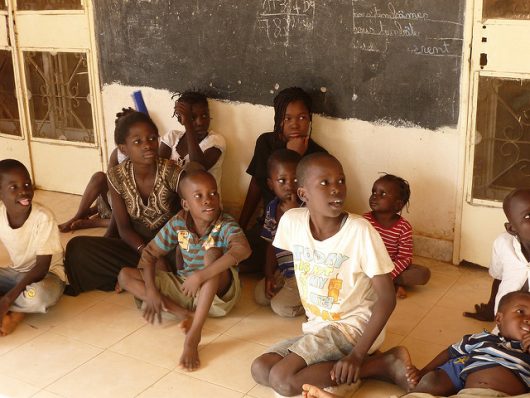Top Three Causes of Poverty in Niger

Ranked 167 out of 169 countries for the United Nations Humanitarian Development Index in 2010, Niger is one of the poorest and least developed countries in the world. Although the Nigerien government has made efforts to strengthen the economy by extracting gold, uranium and oil, Niger is still mostly dependent on agriculture. Causes of poverty in Niger include limited arable land, widespread illiteracy and agricultural vulnerability to climate shock.
An integral part of Niger’s culture is the hereditary system of distributing land. This system is not sustainable because the land becomes further divided with each generation. With less land and more mouths to feed, the hereditary system worsens the causes of poverty in Niger and further supports the need for educational reform in the country.
Less than one-third of Nigerien adults are literate. This can be attributed to the cycle of poverty formed in Nigerien homes. If the head of the household lacks a basic education, then the children in a family will most likely lack the same educational opportunities as their parents.
Poor access to schools as well as the responsibility to work the land instead of spending that invaluable time in school reinforces this cycle. Highly paradoxical in nature, this phenomenon lowers the chances of posterity for Nigeriens. They cannot attend school because they are forced to work to avoid starvation despite the fact that education would help to improve living conditions.
Given that most of Niger’s poverty is concentrated in rural areas, natural disasters and unpredictable climate patterns are especially threatening in areas such as Maradi and Dosso. Most of Niger’s crops are rain-fed and therefore are highly susceptible to severe droughts that are frequent in the area. This was evident during the 2010 drought that left 17% of Niger’s children acutely malnourished. Widespread malnutrition and starvation are the most striking signs and causes of poverty in Niger, especially considering children are often the most vulnerable during such food crises.
Plans for easing the toll poverty takes on Niger’s people are currently in place. By working with the U.N.’s Scaling up Nutrition program, the government is working to reduce malnutrition and starvation. However, accessibility to schools and lowering the rate of illiteracy must be at the forefront of the Nigerien government’s concerns if it is to ever reverse the causes of poverty in Niger.
– Kaitlin Hocker
Photo: Flickr
